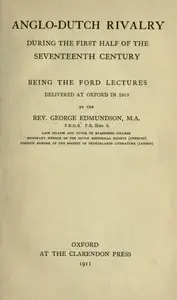"Constitutional History of England, Henry VII to George II. Volume 2 of 3" by Henry Hallam is a historical analysis that details the escalating tensions between the English monarchy and parliament leading up to the Civil War. Concentrating on the period following Charles I's dissolution of his third parliament, it presents a critical examination of the king's attempts to consolidate absolute power and the resulting resistance from parliamentary leaders. The narrative highlights key events, such as the prosecution of figures like Sir John Eliot, and explores controversial royal actions, including the imposition of ship-money and the expansion of the Star Chamber's authority. The book illustrates the governmental overreach and constitutional conflicts that defined this critical era in British history.
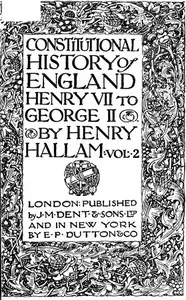
Constitutional History of England, Henry VII to George II. Volume 2 of 3
By Henry Hallam
Witness the clash between a king's ambition for absolute power and a parliament's fight for its privileges as England marches inexorably toward civil war.
Summary
About the AuthorHenry Hallam was an English historian. Educated at Eton and Christ Church, Oxford, he practised as a barrister on the Oxford circuit for some years before turning to history. His major works were View of the State of Europe during the Middle Ages (1818), The Constitutional History of England (1827), and Introduction to the Literature of Europe, in the Fifteenth, Sixteenth and Seventeenth Centuries (1837). Although he took no part in politics himself, he was well acquainted with the band of authors and politicians who led the Whig party. In an 1828 review of Constitutional History, Robert Southey claimed that the work was biased in favour of the Whigs.
Henry Hallam was an English historian. Educated at Eton and Christ Church, Oxford, he practised as a barrister on the Oxford circuit for some years before turning to history. His major works were View of the State of Europe during the Middle Ages (1818), The Constitutional History of England (1827), and Introduction to the Literature of Europe, in the Fifteenth, Sixteenth and Seventeenth Centuries (1837). Although he took no part in politics himself, he was well acquainted with the band of authors and politicians who led the Whig party. In an 1828 review of Constitutional History, Robert Southey claimed that the work was biased in favour of the Whigs.

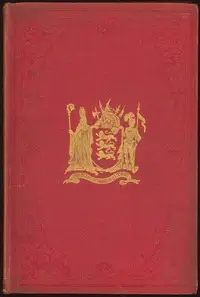
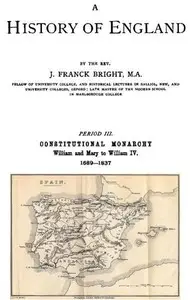
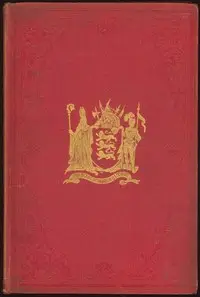
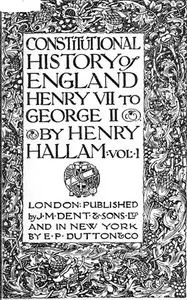
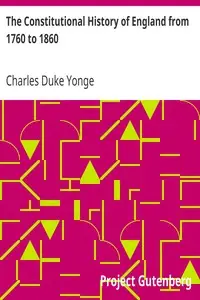
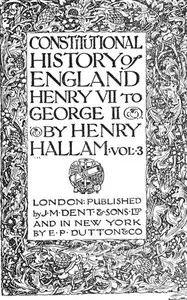
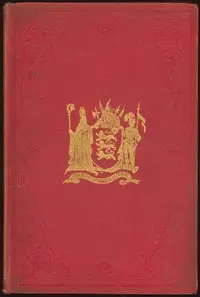




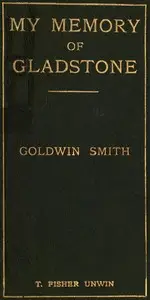
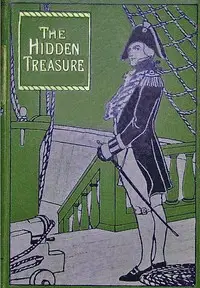
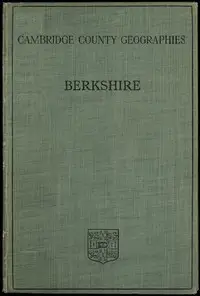

![Michel and Angele [A Ladder of Swords] — Volume 1 by Gilbert Parker](https://cdn.a2-host.cloud/kk_uGEdHzH8GWCVtXxINKMUMufcCvIesxrdMj_5ortY/rs:fill:215:325:0/g:ce/aHR0cHM6Ly9zcC1hc3NldHMuczMudXMtd2VzdC0wMDQuYmFja2JsYXplYjIuY29tL2Jvb2svNjI1MC9NaWNoZWxfYW5kX0FuZ2VsZV9BX0xhZGRlcl9vZl9Td29yZHNfVm9sdW1lXzFfY292ZXIuanBn.webp)
